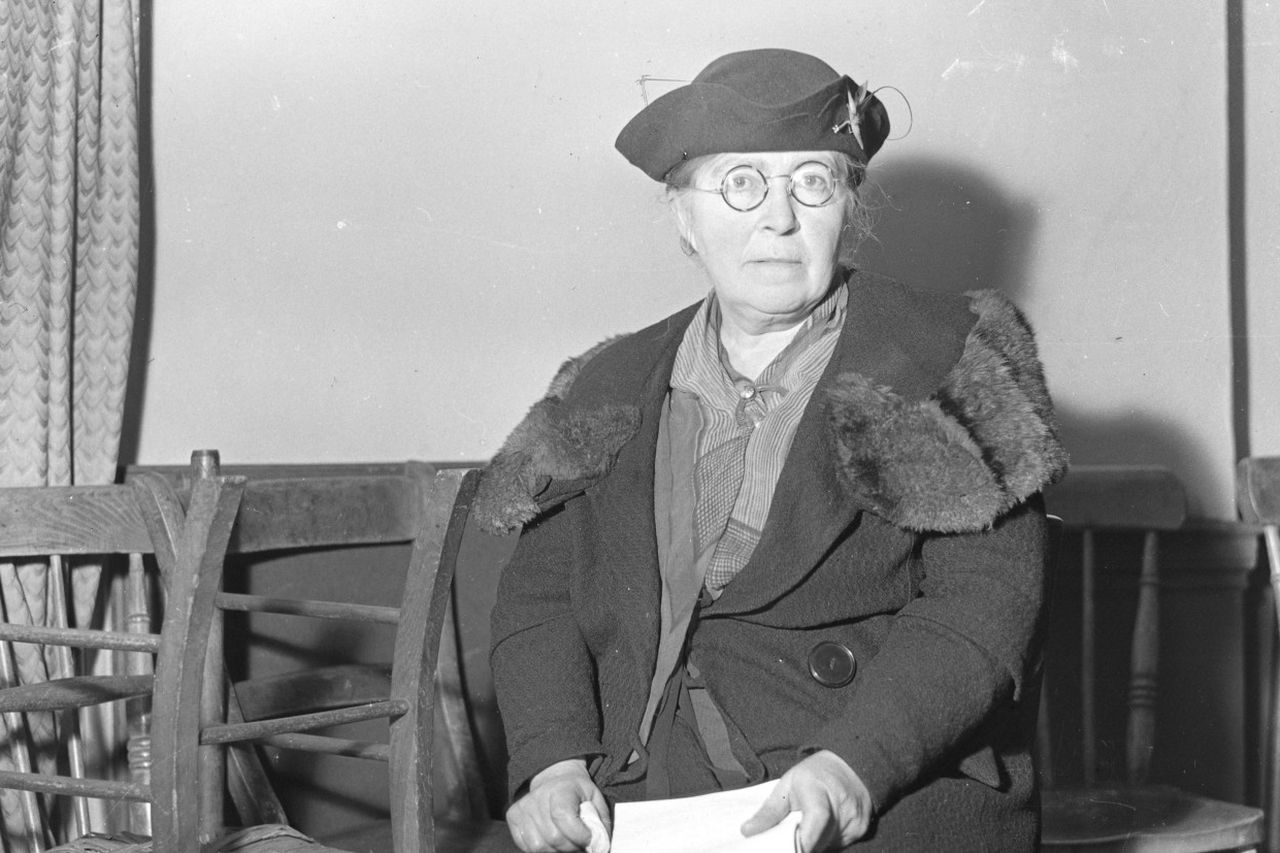‘Women’s Duties in the Home’ Is Still a Phrase in the Constitution
 Image Credits: Misc Box 10 NPA archive (Hanna Sheehy-Skeffington)
Image Credits: Misc Box 10 NPA archive (Hanna Sheehy-Skeffington)
‘Women’s Duties in the Home’ Is Still a Phrase in the Constitution
Text: Izzy Copestake
The wording has been controversial since 1937, why is change only being considered now?
Hearing the phrase ‘woman’s duties in the home’, you might think you’ve had the misfortune of stumbling across an Andrew-Tate-disciples podcast, alt-right Reddit, or simply a conversation with an adult man who still asks his mam to wash his socks. While all fair guesses, they’re wrong. What you would, in fact, be reading article 41 of the Irish constitution.
In June 2021, following lengthy deliberation, a Citizen’s Assembly concluded that the Constitution should be amended to remove “gender specific” discrimination and reference gender equality instead. The Assembly also stated that the Constitution should also be amended “so that it would protect private and family life, with the protection afforded to the family not limited to the marital family”.
The referendum on the matter was discussed in a Cabinet Committee yesterday and is expected to be presented to the Government next week for approval. This will need the Oireachtas to pass an act proposing the change with an agreed new wording. Then the new Electoral Commission will undertake a public information campaign.
The Government was supposed to hold a referendum on the subject this year, but after a failure of politicians to agree on the new wording, it was pushed back. According to reporting from The Irish Times, there is ‘considerable anxiety among senior politicians’ that the referendum could be a ‘divisive’ or ‘controversial’ debate on gender and family roles. The Irish Times has also disclosed that some politicians have ‘fears’ about the referendum and being confronted with ‘questions about gender and family definition, to which they do not have ready answers.’
However, this clause has been seen by activists as discriminatory for 86 years. How much longer could these senior politicians need to prepare ‘ready answers’? In 1937, as part of the debate on Éamon de Valera’s proposed constitution, activist Hanna Sheehy-Skeffington described the same phrase and the government’s attitudes towards women as ‘fascist’, stressing that the place of a woman is not ‘in the home’.
“The state recognises that by her life within the home”, reads the constitution, “woman gives to the state a support without which the common good cannot be achieved.” In recent years, the constitution has been amended to reflect modern Ireland several times, so the government’s failure to enshrine gender equality into the legal document is a glaring injustice. If government planning succeeds, the opportunity for change will occur next March with a referendum.
Elsewhere on District: The Pavement Campaign Challenging Sexual Assault in Dublin
